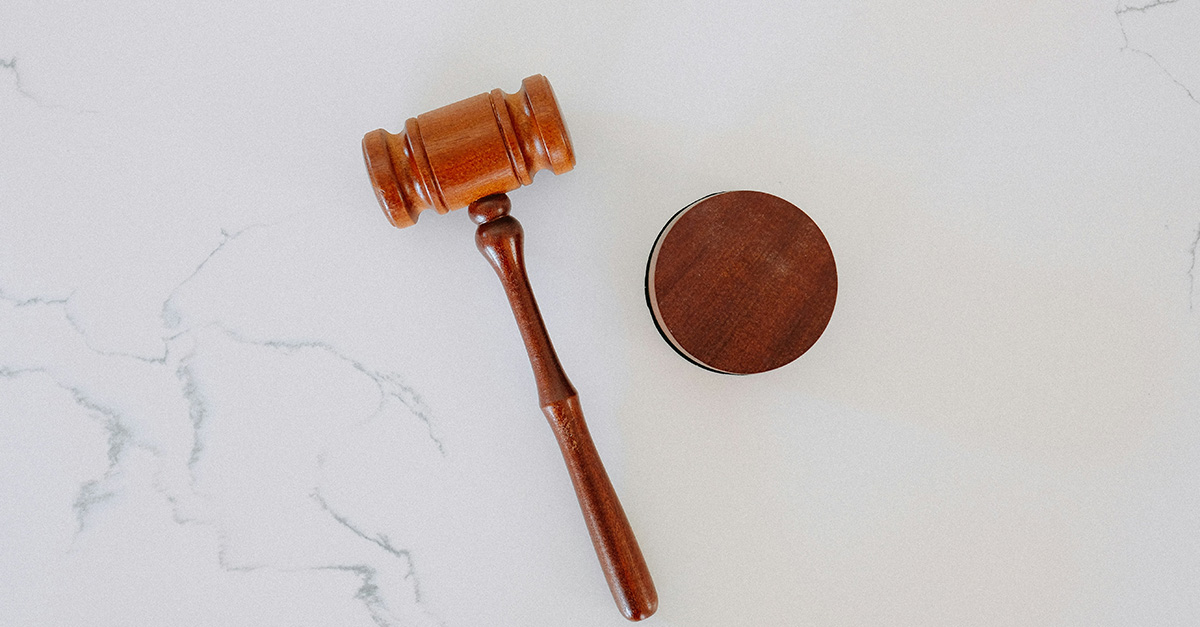The UAE has issued a new law pertaining to the personal status of the country’s non-Muslim residents. It will go into effect on February 1, 2023.
Regarding custody, it is granted equally to both parents unless one parent submits a request to the court seeking to exclude the other parent based on the best interest of the child.
"In this case, both parents can file requests with the court, which will then decide what is best for the child."
According to this law, joint custody of the children will be granted until they are 18 years old. despite the fact that it states that custody matters are at the discretion of the court.
Subsequently, the children will have the right to choose between their parents. The law allows parents of children aged 12 or above to individually terminate joint custody with the consent of the child through a special application submitted to the court.
If one of the parent has subjected the child to a harmful environment or if the child needs special medical care, other related factors may also be considered, such as the addiction to drugs or alcohol of one parent who does not have the time to take care of the children, psychological issues that may affect the child's growth, the marriage of a custodial parent, or the presence of a medical condition in the parent with custody that may affect the child's growth. The other party has the right to request from the court that it terminate the custody of the other party.
Furthermore, the new law stipulates that failure to adhere to the custody arrangement as provided by the court is punishable with a fine as well as punitive measures in the custodial arrangement. In extreme cases, the court may terminate the custody arrangements in the event of a dispute between the custodians, keeping in mind the best interests of the child.
The law also introduces the concept of a "travel ban" on children, which bars the joint custodian from traveling alone with the child without the consent of the joint custodian or the court, which is part of the discretionary power of the court over the custody of children.
We are assuming that all the details of the new law and the applicable statement will contain more details about custody and other rights for both parents.
HOW CAN WE HELP?
Hamdan Al Shamsi Lawyers and Legal Consultants are perfectly positioned to assist our clients in respect of all claims in the Dubai and Family Courts.
In HAS Law Firm, we represent the very essence of excellence and expertise in the practice of Personal Statues and Family Law. Our team is dedicated to the desires of our clients while simultaneously managing their expectations alongside the realities of the laws that govern family law.
Our firm has three divisions including (1) the DIFC team; (2) the UAE Litigation team; and (3) the Corporate team, and currently deal with a network of other law firms around the world including the USA, UK, France, Italy, Germany, Saudi Arabi, Oman, Kuwait, Bahrain, Jordan, Lebanon, China and Australia.
Our specialized lawyers in Family Law will be able to further assist and answer any questions you may have.






